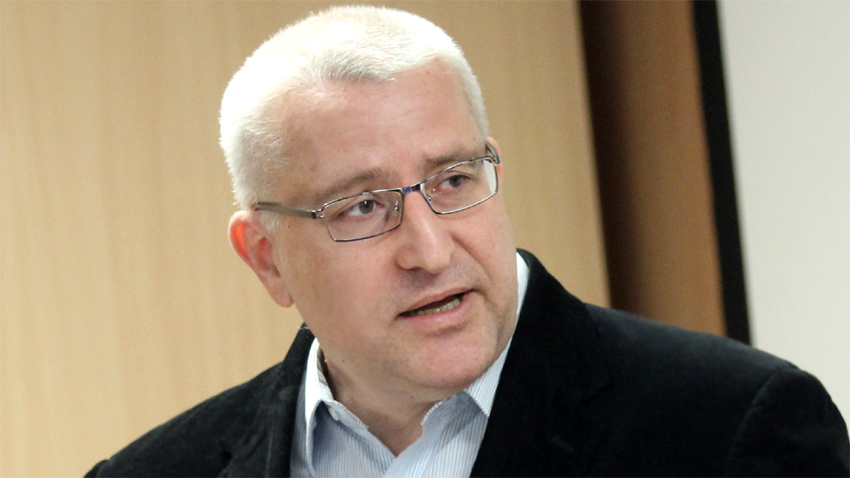The European Commission is to present the first annual reports under the rule of law mechanism on each EU member state today after the meeting of the College of Commissioners, the correspondent of BNR in Brussels Angelina Piskova announced, quoting European Commission Deputy Chief Spokesperson Dana Spinant.
The document reads that threats against journalists are particularly worrying in Bulgaria, Croatia, Hungary, Slovenia and Spain, Politico announces. The document also notes that the independence of judiciary in Hungary and Poland has been put at risk.
“These reports can become a key tool in the democratic process in each member state”, Associate Professor Svetoslav Malinov, head of Political Science Department at Sofia University St. Kliment Ohridski and former MEP from the group of the European Peoples’ Party, commented for BNR.

“Bulgaria looks like a student who has failed an exam for ten consecutive years. In the course of twelve years, Bulgaria received critical reports, less critical reports and even slightly positive reports, which however criticized us over corruption, rule of law and lack of reforms in the judicial system. And then a new mechanism was introduced.”
The new report will contain what is included in the report of the monitoring mechanism, but all who expect these reports hope that they will be much more comprehensive, Svetoslav Malinov pointed out.
“We are expecting more details on the judicial system, prosecution, media, the way Bulgaria’s democracy functions, the dangers, the coalescence between politicians and media, media and oligarchs. In a sense, the scope of criticism has been expanded.”
The first reports are awaited with great attention and concern, because this must be a new protection of EU funds against corruption.
“It all started with the feeling of a large number of European citizens, especially from the donor countries, that their money is wasted by governments which do not respect the European values. Without European values, there must be no European money”, Svetoslav Malinov added.
In his words, Bulgaria and Romania have contributed to the failure of the European control mechanism having “demonstrated” that the EU does not have a mechanism to make a member state carry out radical reforms for the benefit of its citizens. Unfortunately, it took 12 whole years to see that a country like Bulgaria cannot carry out such reforms, Associate Professor Svetoslav Malinov went on to say.
The report will not be disappointing for those who are critical of the government, Svetoslav Malinov forecasted.
Compiled by: Elena Karkalanova
English version: Kostadin Atanasov
Some of the political parties represented in parliament have expressed reservations about Dimitar Glavchev's proposed new cabinet. Against the backdrop of the silence on the part of GERB-SDS and MRF, the party PP-DB came out with a critical position...
In the previous caretaker government, the caretaker prime minister Dimitar Glavchev combined the functions of prime minister and foreign minister at the same time, and the nominee for minister of foreign affairs, Ivan Kondov , in the project of a..
Bulgaria faces yet another conundrum in finding a way out of what has become a permanent political crisis after President Rumen Radev refused to approve one of the ministerial names proposed by caretaker prime minister candidate Goritsa..
The Alliance for Rights and Freedoms (APS) of Ahmed Dogan - the honorary chairman of the former DPS movement - announced its support for the PP-DB..
Whether there will be negotiations to form a government will become clear after the election of the speaker of the National Assembly . Parliamentarism..
For the seventh time in three years, Bulgarians went to the polls, and the results shed light on some of the behind-the-scenes manoeuvring. A seemingly..

+359 2 9336 661
